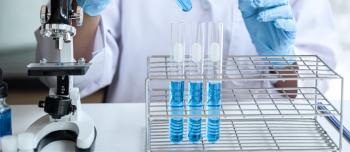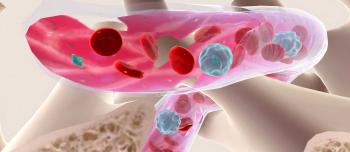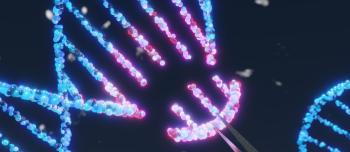Last month, BioMarin learned that approval for their investigational hemophilia A gene therapy was not forthcoming but would in fact be delayed for some time, pending additional safety and efficacy trial data. While the company continues to work with the Food and Drug Administration towards eventual completion of ongoing safety and efficacy trials for valoctocogene roxaparvovec, they have also announced the initiation of a new study.
Seroprevalence of AAV antibodY, known as SAAVY, is an observational study created to better understand how people with hemophilia A may develop antibodies against adeno-associated viruses (AAVs). Valoctocogene roxaparvovec uses AAVs as vectors to deliver the genetic codes that stimulate production of the factor VIII protein that is otherwise deficient in people with hemophilia A.
AAVs, which are being employed in several investigational gene therapies, are designed to be able to safely deliver the genetic material into living cells to sustained therapeutic effect. SAAVY investigators will be measuring how often three varying AAV types (AAV5, AAV6, AAV8) are found in the blood of study participants.
According to BioMarin’s Clinical Development Program Update, the data generated from
SAAVY will help:
- Inform the community of the utility of AAVs as delivery vehicles for gene therapy
- Guide development of reliable antibody testing methods
- Inform the community of the impact that pre-existing antibodies can have on patients’ eligibility for gene therapies in the future
- Better understand if and when antibody levels change over a 3-6-month period, including possible reasons for this
SAAVY was initiated on August 19, 2020.
Source: Biomarin Clinical Development Program Update, August 2020





